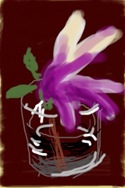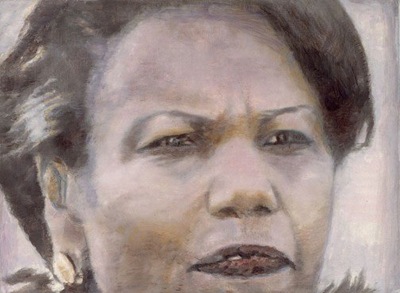From Sailing Home: Using Homer's Odyssey to Navigate Life's Perils and Pitfalls by Norman Fischer:
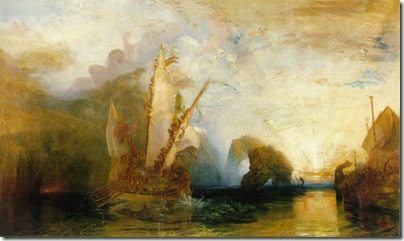
Life as an arduous journey is an ancient metaphor. The Greek word metapherein, from which our English metaphor comes, is made up of the words meta, meaning “over, or across,” implying a change of state or location, and pherein, meaning “to bear, or carry.” In modern as in ancient Greek, the word metapherein commonly means “to transport, or transfer.”
Though we think of metaphor as a mere figure of speech, something poetic and decorative, in fact metaphors abound in our lives, underlying many concepts that we take for granted. And metaphors condition, far more than we realize, the way we think about ourselves and our world, and therefore the way we are and act. So to consider a metaphor seriously, bringing it to consciousness, turning it over in our minds and hearts, is to allow ourselves to be carried across toward some subtle yet profound inner change.
Metaphors can engage our imagination and spirit, transporting us beyond the literality of what seems to be in front of us toward what’s deeper, more lively, and dynamic. Objects in the world can be defined, measured, and manipulated according to our specifications. But the heart can’t be. Its requirements are more subtle, more vague. Metaphors are inexact and suggestive; they take an image or a concept and map it onto another image or concept that may seem quite disparate, as if to say “this is like that; understand this and you will understand that.”
In this way metaphor can help us to feel our way into the unspeakable, unchartable aspects of our lives. Seeing your life as a “spiritual odyssey” is a metaphorical truth. Contemplating your life as a spiritual odyssey can help you to enter hidden parts of your life…
Perhaps we are living in a post-heroic age. Maybe the human race, so full of promise, bright ideas, and hubris, is finally weary of the toxic idealisms and thoughtless excesses of power that have been so destructive and so exhausting for so long. We have seen and done too much, and it has left us dazed and confused.
Maybe, like Odysseus, we are finally ready simply to return home to what we are, to our beauty and strength as well as our limitations. Maybe we are ready to see that what’s wanted and needed is what was there all along,  our animal life, our love and our presence. Maybe we’re ready finally to become the creatures that our deepest stories and metaphors have always described: half heavenly, half stupidly earthbound, full of wonder and awe, powerful and vulnerable.
our animal life, our love and our presence. Maybe we’re ready finally to become the creatures that our deepest stories and metaphors have always described: half heavenly, half stupidly earthbound, full of wonder and awe, powerful and vulnerable.
Maybe the point of our life’s journey, our spiritual odyssey, is not conquest or perfection, whether spiritual or worldly, but rather the simple transformation into what we have been all along: flesh-and-blood people in a flesh-and-blood world, feeling what people feel and doing what people do. Returning home to what we are.
Could this be enough?


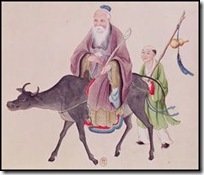 man, he wrote: "When I was younger, life moved more slowly. People had time for each other. Nowadays, everything moves so quickly. Everything's so complicated, people don't have time for each other." And you know, that's two and a half thousand years ago in China.
man, he wrote: "When I was younger, life moved more slowly. People had time for each other. Nowadays, everything moves so quickly. Everything's so complicated, people don't have time for each other." And you know, that's two and a half thousand years ago in China. 
 It was on this day in 1095 that
It was on this day in 1095 that 

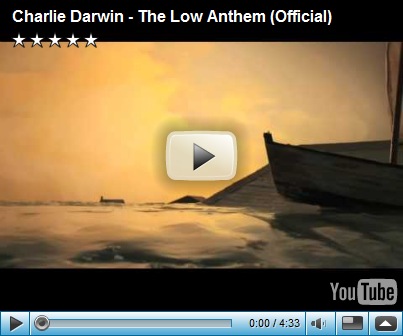
 “
“
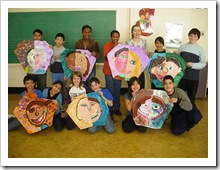




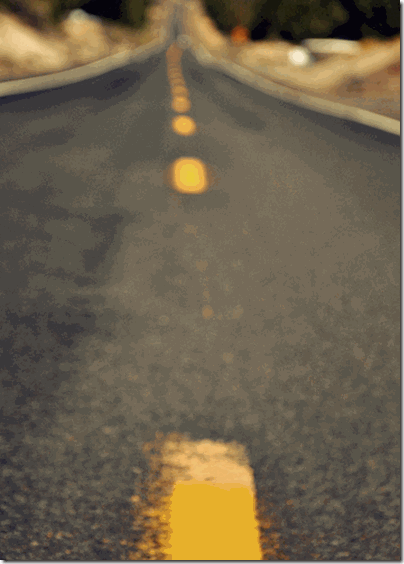
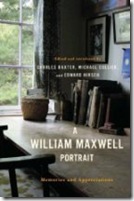 The writer has everything in common with the vaudeville magician except this: The writer must be taken in by his own tricks. Otherwise the audience will begin to yawn and snicker. Having practiced more or less incessantly for five, ten, or twenty years, knowing that the trunk has a false bottom and the opera hat a false top, with the white doves in a cage ready to be handed to him from the wings and his clothing full of unusual, deep pockets containing odd playing cards and colored scarves knotted together and not knotted together and the American flag, he must begin by pleasing himself. His mouth must be the first mouth that drops open in surprise, in wonder, as (presto chango!) this character’s heartache is dragged squirming from his inside coat pocket, and that character’s future has become his past while he was not looking.
The writer has everything in common with the vaudeville magician except this: The writer must be taken in by his own tricks. Otherwise the audience will begin to yawn and snicker. Having practiced more or less incessantly for five, ten, or twenty years, knowing that the trunk has a false bottom and the opera hat a false top, with the white doves in a cage ready to be handed to him from the wings and his clothing full of unusual, deep pockets containing odd playing cards and colored scarves knotted together and not knotted together and the American flag, he must begin by pleasing himself. His mouth must be the first mouth that drops open in surprise, in wonder, as (presto chango!) this character’s heartache is dragged squirming from his inside coat pocket, and that character’s future has become his past while he was not looking. 

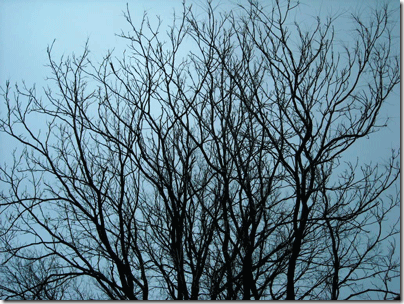
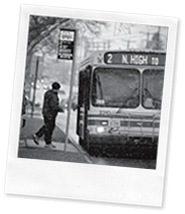 I stood at a bus corner
I stood at a bus corner  “The baby, assailed by eyes, ears, nose, skin, and entrails at once, feels it all as one great blooming, buzzing, confusion.”
“The baby, assailed by eyes, ears, nose, skin, and entrails at once, feels it all as one great blooming, buzzing, confusion.” The
The 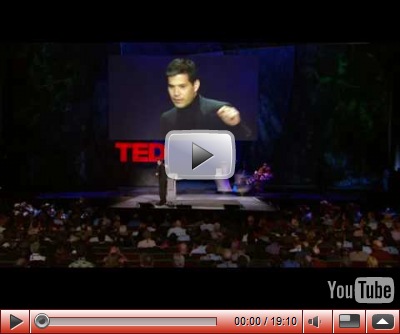
 Paul
Paul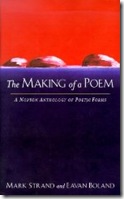 It is hard for me to separate my development as a reader of poems from my career as a poet. If my readings have any acuity or sensitivity, it is probably because I have paid close attention to how my own poems worked, and to which ways and to what extent I might improve them. This mutual dependency is always reflected in the work. A poem will make continual reference to an experience while at the same time call attention to itself as a vehicle for meaning.
It is hard for me to separate my development as a reader of poems from my career as a poet. If my readings have any acuity or sensitivity, it is probably because I have paid close attention to how my own poems worked, and to which ways and to what extent I might improve them. This mutual dependency is always reflected in the work. A poem will make continual reference to an experience while at the same time call attention to itself as a vehicle for meaning. 

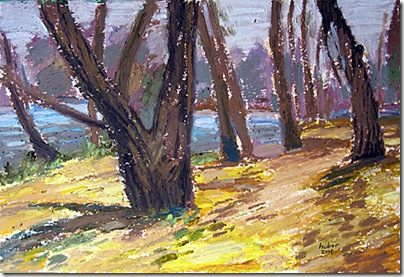







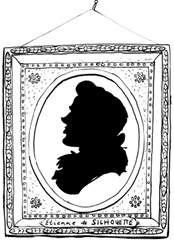
 I like
I like 


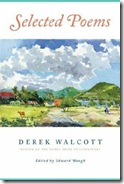 You prepare for one sorrow,
You prepare for one sorrow, 
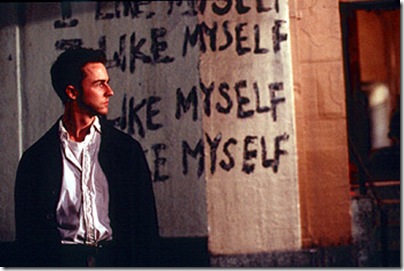

 keys. [
keys. [ their ineptitude…
their ineptitude…

